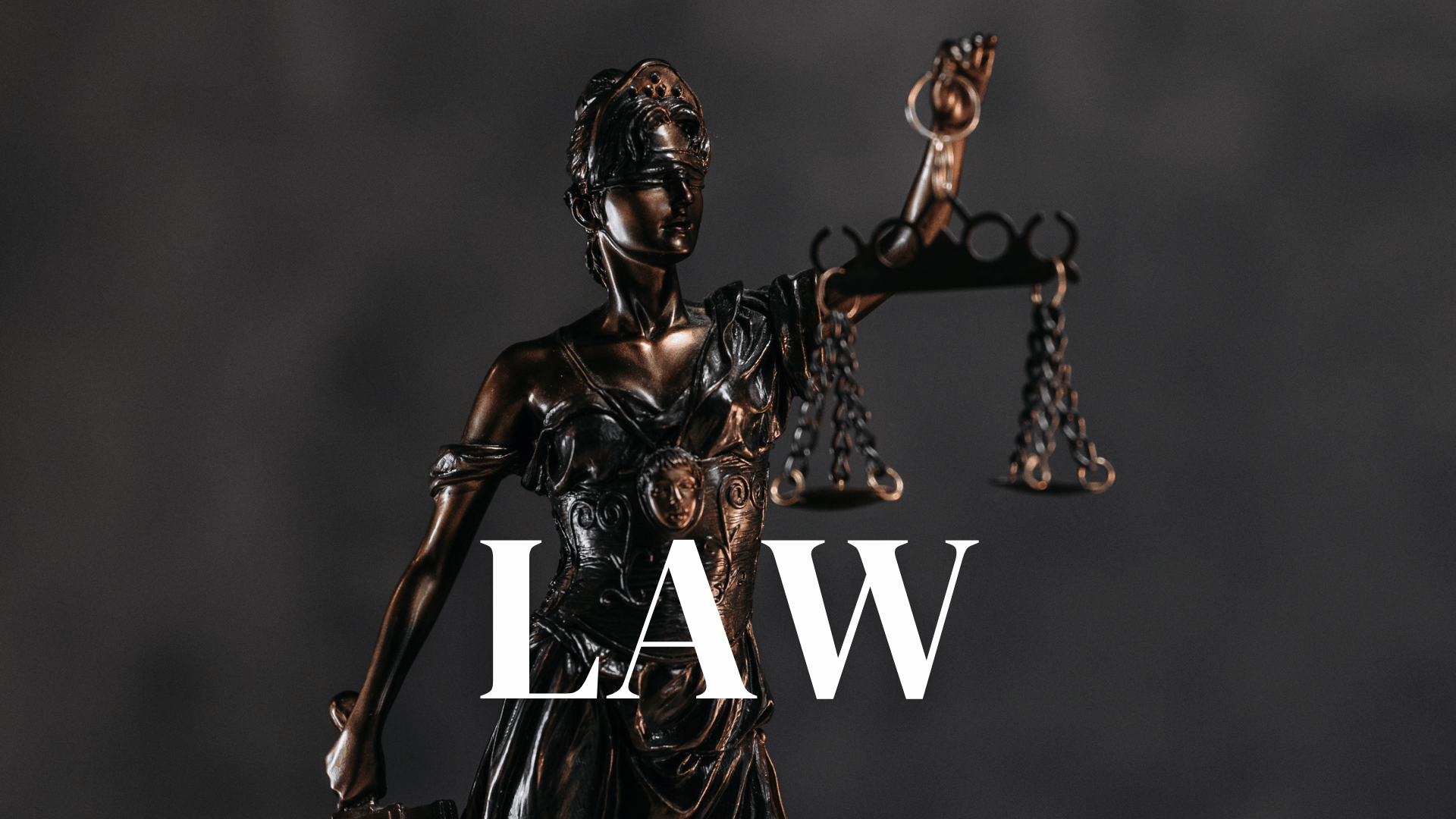
Introduction
Moroccan laws are a complex web of statutes, regulations, and legal traditions that govern various aspects of life within the country. Understanding these laws is essential for both residents and visitors to ensure compliance and navigate legal matters effectively. In this guide, we will delve into the fundamentals of Moroccan laws, highlighting key areas and providing insights into their implications.
Legal System Overview
Morocco operates under a civil law system influenced by Islamic law (Sharia), French legal traditions, and customary law. The legal system is structured hierarchically, with the Constitution at the apex, followed by laws, regulations, and decrees. Judicial decisions also hold significant weight in interpreting and applying the law.
Sources of Law
The primary sources of law in Morocco include:
- Constitution: The supreme law of the land, establishing the framework for governance and fundamental rights.
- Legislation: Laws enacted by the Parliament, covering various areas such as civil law, criminal law, commercial law, and administrative law.
- Islamic Law: Sharia principles are incorporated into the legal system, particularly in matters of personal status, family law, and inheritance.
- Customary Law: Traditional practices and customs continue to influence legal proceedings, especially in rural areas and among certain communities.
Key Legal Areas
Personal Status Law
Moroccan law regarding personal status is primarily based on Islamic law, governing matters such as marriage, divorce, custody, and inheritance. The Code of Personal Status (Moudawana) underwent significant reforms in 2004 to enhance women’s rights and modernize family law.
Criminal Law
The Moroccan Penal Code addresses offenses ranging from theft and assault to more serious crimes such as murder and drug trafficking. Penalties vary depending on the severity of the offense, with punishments including fines, imprisonment, and in some cases, capital punishment.
Commercial Law
Commercial activities in Morocco are regulated by laws governing contracts, business entities, intellectual property, and consumer protection. The legal framework aims to facilitate trade and investment while ensuring fair competition and safeguarding the rights of consumers and businesses.
Labor Law
Labor laws in Morocco establish the rights and obligations of employers and employees, covering aspects such as employment contracts, working conditions, wages, and social security. The legislation aims to protect workers’ rights and promote social justice in the workplace.
Conclusion
Understanding Moroccan laws is crucial for navigating legal matters and ensuring compliance with the country’s legal framework. From personal status to commercial transactions and labor relations, various areas of law impact individuals and businesses in Morocco. By familiarizing themselves with the legal system and seeking appropriate guidance when needed, individuals can effectively protect their rights and interests within the bounds of the law.